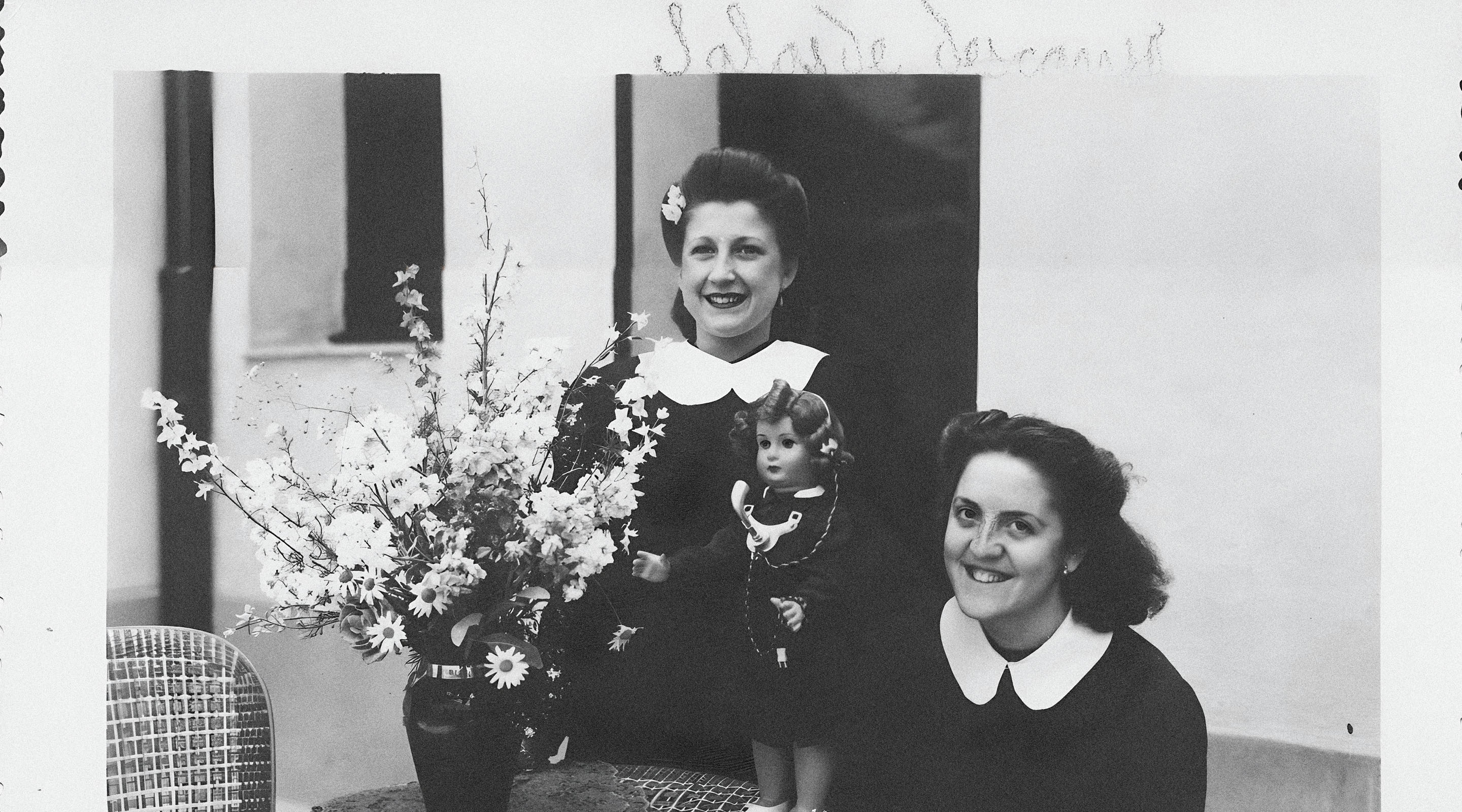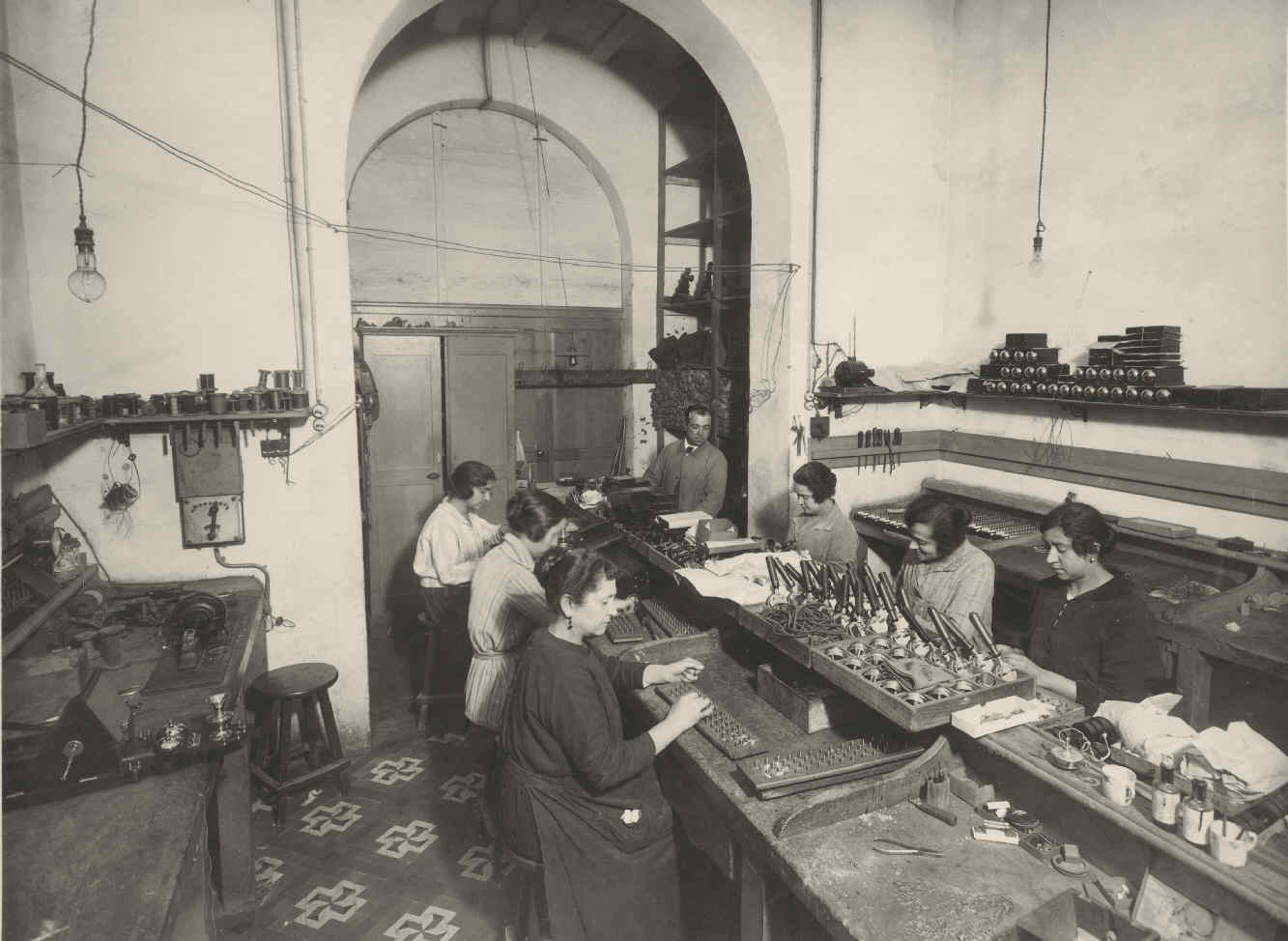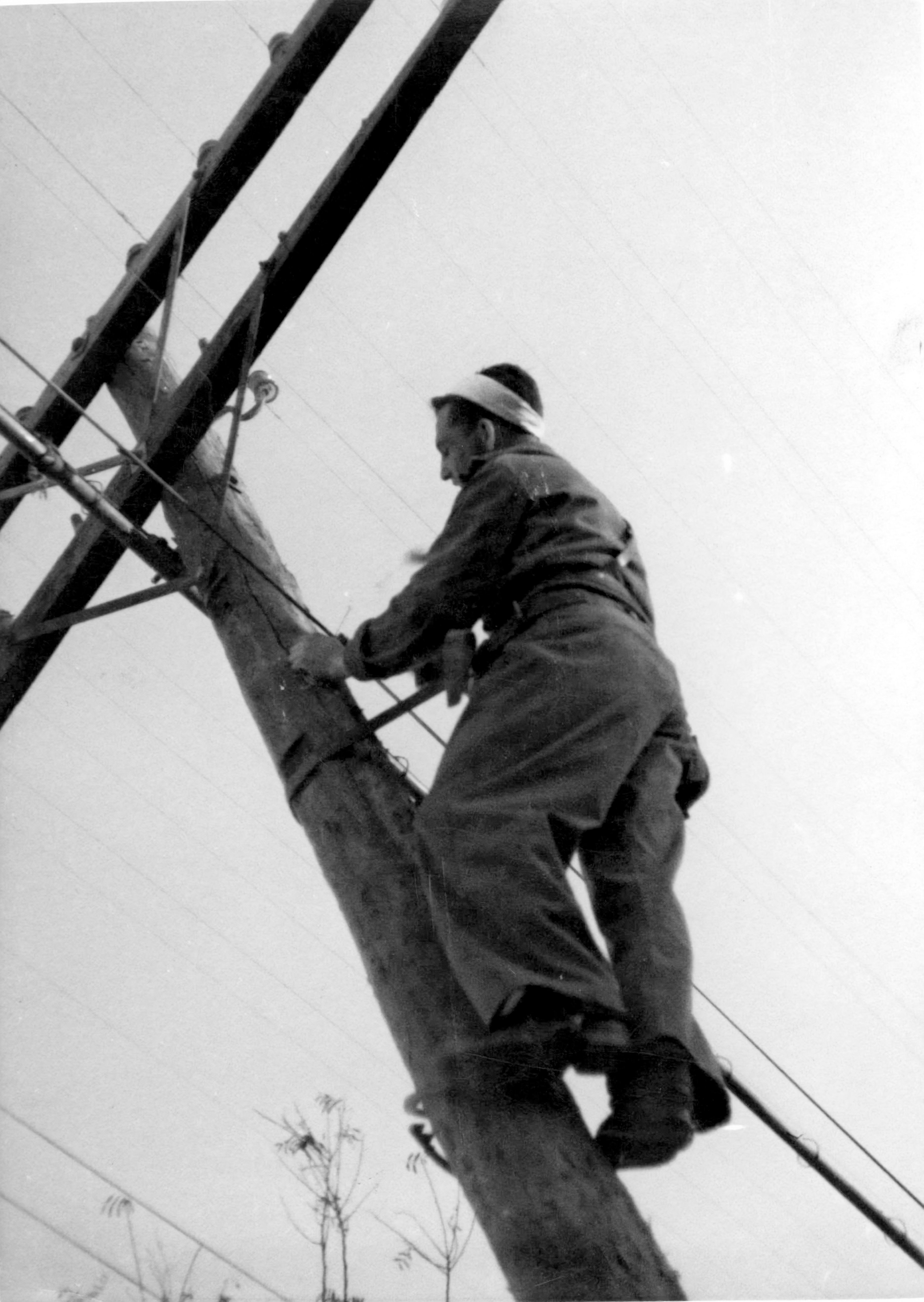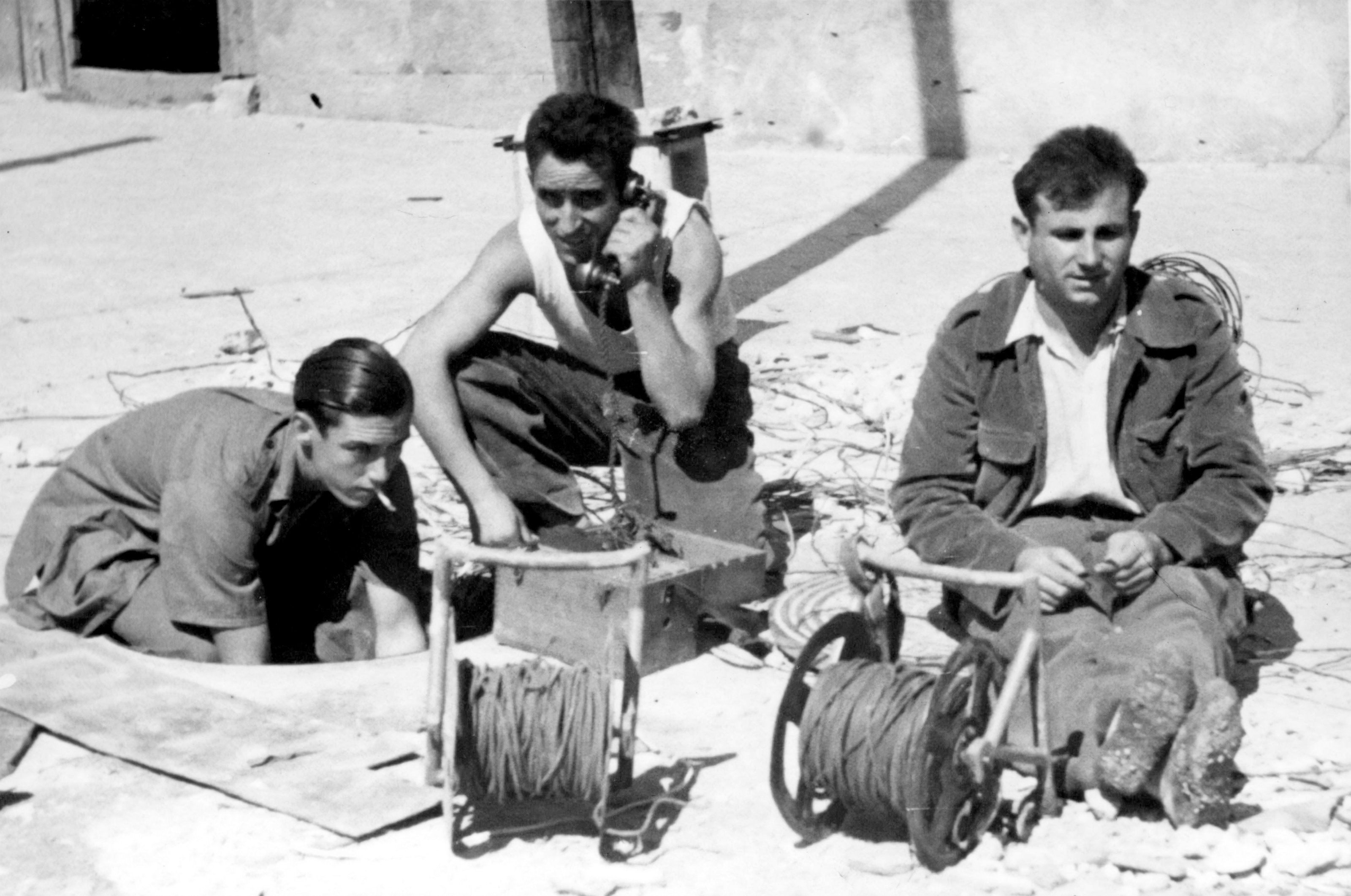
1938

Hundreds of our women telephone operators have to leave their jobs because of the Labour Code, which prohibits married women from working.
Married telephone operators should not work
01
Since the early 1930s, the Constitution provided a number of benefits for working women that made life much easier for our women telephone operators. The Magna Carta, signed in 1931, recognised the equality of men and women before the law and even the right to vote. Cable girls no longer had to stop working when they got married, or even when they got pregnant and had their babies. They were even given a maternity allowance for the months they were unable to work. But the war changed all that. The laws of the New Regime once again removed married women from jobs and offices. A measure that was included in one of the Fundamental Laws, the Labour Code of 1938. It required "freeing married women from work in the workshop and factory".

CTNE incorporates the Tenerife network
02
In 1936, in Spain, CTNE was already managing all the provincial networks in the country except for the Tenerife island telephone network, the provincial network of Guipúzcoa and the urban network of San Sebastián. The Tenerife island network was incorporated into the company in 1938, after almost 25 years of independent existence. In 1914 it had been deployed by the local administration as a communications ring connecting almost all the population centres on the island.

Personnel needed
03
The war greatly complicated the recruitment of personnel for the CTNE. Only young people with no military obligations could apply for the new positions, just at a time when pipelines had to be repaired and the deployment in various areas destroyed by bombing had to be reconsidered. The company went so far as to ask the authorities not to recruit network technicians.

Do you have doubts about what happened?
Ask Aura